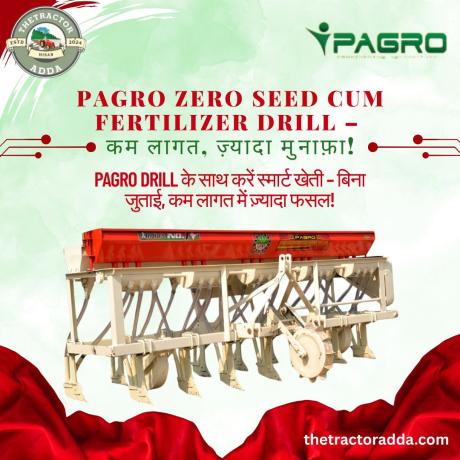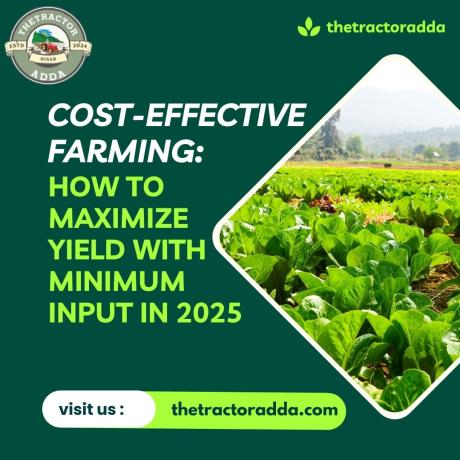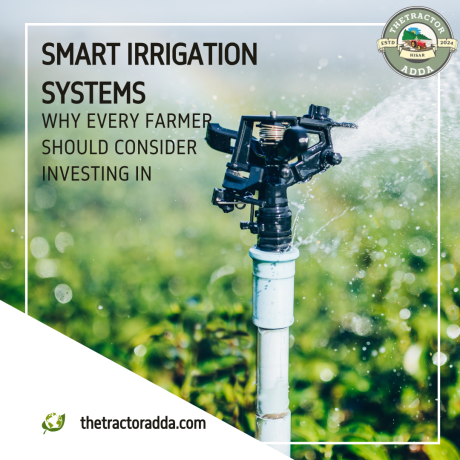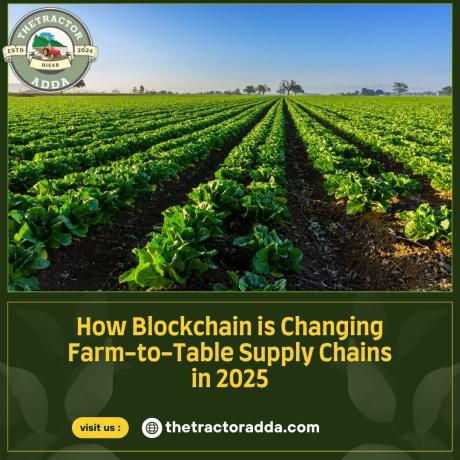Agricultural Innovations: How New Crop Varieties Are Changing the Future of Farming
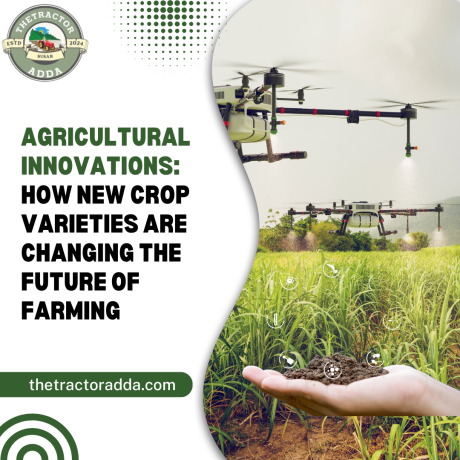
Blog Description
The world of farming is undergoing a revolutionary transformation, thanks to the introduction of new crop varieties and agricultural innovations. With global food demand increasing and challenges such as climate change, water scarcity, and pest resistance threatening traditional farming methods, these innovations are helping farmers meet the needs of a growing population while ensuring sustainability.
The Rise of Genetically Modified Crops
One of the most significant advancements in crop development is the rise of genetically modified (GM) crops. These crops have been engineered to offer various benefits, such as improved resistance to pests, diseases, and environmental stress. For example, genetically modified Bt cotton and Bt corn have been designed to resist certain insect pests, reducing the need for chemical pesticides and promoting more eco-friendly farming practices.
GM crops also offer improved nutritional content. Golden rice, which has been genetically modified to produce higher levels of Vitamin A, is a prime example of how biotechnology can tackle issues like malnutrition in developing countries.
Hybrid Crops: The Best of Both Worlds
Hybrid crops, which are produced by crossbreeding different plant varieties, have gained popularity due to their ability to deliver enhanced productivity and resistance. These crops often exhibit increased yield, better disease resistance, and faster growth rates than their non-hybrid counterparts.
Hybrid seeds are widely used in maize, wheat, and vegetable farming. The success of hybrid crops has revolutionized traditional agriculture by making farming more profitable and efficient. Farmers can now produce higher-quality crops with less input, reducing costs and increasing profit margins.
The Role of Technology in Crop Development
Technology plays a crucial role in the development of new crop varieties. Advances in genetic research, data analytics, and precision farming techniques allow scientists to identify the best traits for crop improvement. By analyzing soil conditions, weather patterns, and other environmental factors, farmers can optimize crop production and make data-driven decisions.
For example, plant breeding programs now use CRISPR technology, a groundbreaking genetic editing tool that enables precise modifications to a plant's DNA. CRISPR technology has the potential to create crops that are more resilient, nutritious, and better suited to changing environmental conditions.
Sustainable Farming Practices and Crop Varieties
As the world grapples with environmental challenges, sustainable farming practices have become increasingly important. New crop varieties are being developed to promote sustainability by requiring fewer resources, such as water and fertilizers, and reducing the environmental impact of farming.
For instance, drought-resistant crops like drought-tolerant maize and rice have been introduced to help farmers cope with water scarcity. These crops can withstand prolonged periods of drought, ensuring stable food production even in challenging conditions.
The Future of Farming: A Bright Horizon
The future of farming is undoubtedly intertwined with the continuous development of new crop varieties and agricultural technologies. These innovations are helping farmers produce more food with fewer resources while addressing global challenges like climate change, food security, and sustainability.
Farmers who embrace these innovations stand to benefit from increased efficiency, higher yields, and reduced environmental impact. As technology continues to evolve, the agricultural landscape will continue to change, making farming more sustainable, productive, and resilient.
